Cosmic Horror: A Profound Impact on Contemporary Literature
In this discourse, we seek to immerse ourselves in the engaging genre of Cosmic Horror, exploring its powerful influences on modern literature. Widely acknowledged for its atmospheric storytelling and omnipresent aura of dread, Cosmic Horror has carved its unique niche in the literary world.
Origins of Cosmic Horror
Delving deep into the origins of Cosmic Horror, we encounter the works of pioneering authors such as H.P. Lovecraft. It was Lovecraft's chronicles of cosmic entities and the insignificance of man in the vast universe that set the foundation for this genre. Often encapsulating a sense of fear and futility, these narratives presented an impactful model for future authors to emulate.
Narrative Structure
The narrative structure of Cosmic Horror is distinctive in its themes and portrayal of fear. Rather than relying on shock and gore, the genre gives prominence to a slow and gradual escalation of dread, breaking the comprehension boundaries of the characters and making readers question their understanding of reality.
The Fear of Unknown
In essence, Cosmic Horror is an exploration of the unknown - the concept that there may be entities, forces, or beings far beyond human comprehension. This fear of the unknown and larger existential dread are reflected in many contemporary literary works influenced by Cosmic Horror.
Modern Literary Works
Various modern authors have seamlessly incorporated elements of Cosmic Horror into their narratives. Notably, works such as 'House of Leaves' by Mark Z. Danielewski and 'Annihilation' by Jeff Vandermeer blend psychological and cosmic horror elements to create an eerie sense of dread and unreality.
Embarking on this literary journey, we realize that Cosmic Horror has significantly impacted the storytelling styles of the twentieth and twenty-first century, making our nightmares far more sinister and unsettling than ever before.






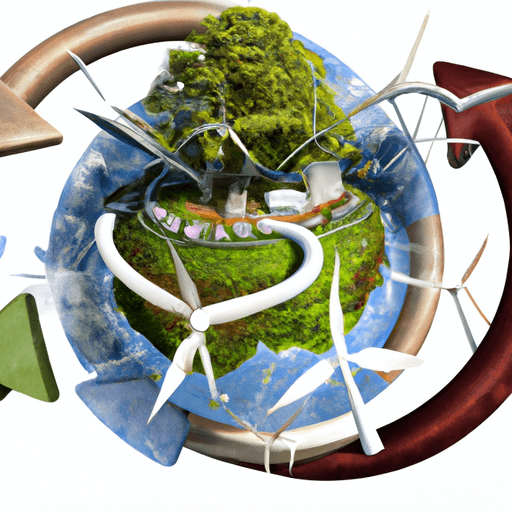
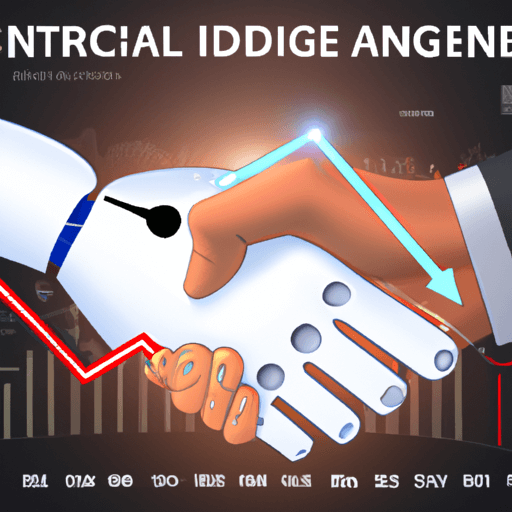
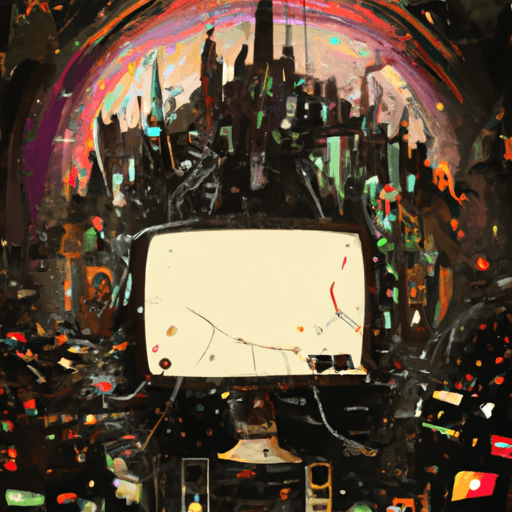

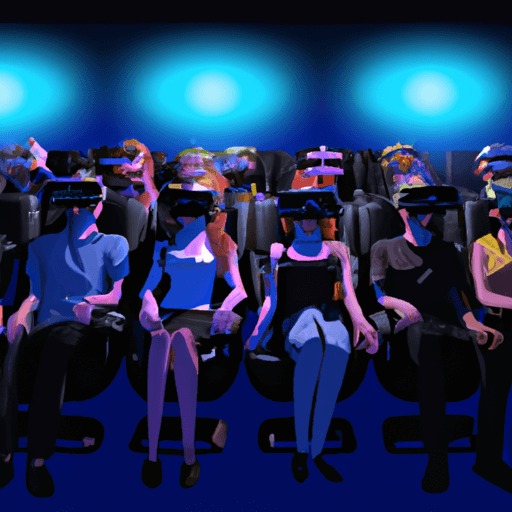
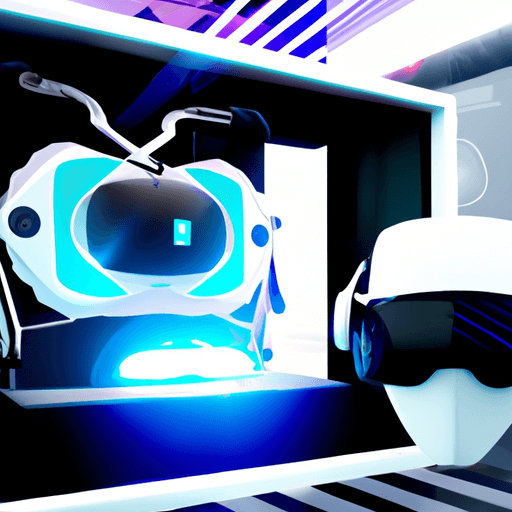
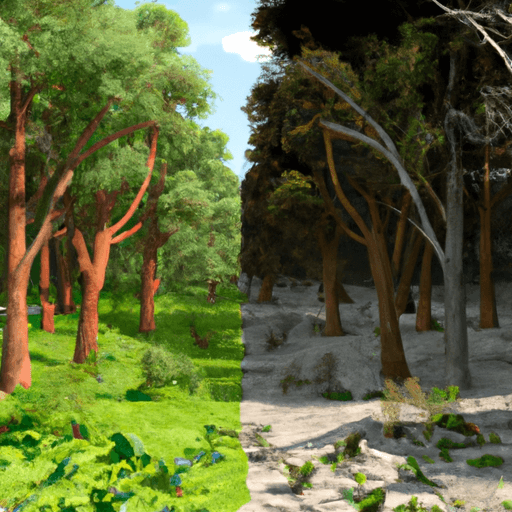



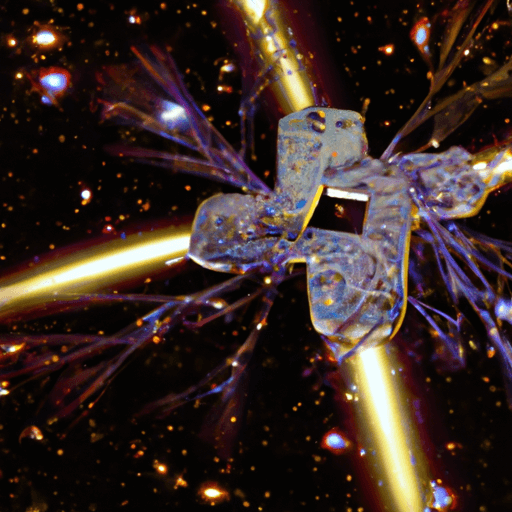
Comments
Leave a Comment